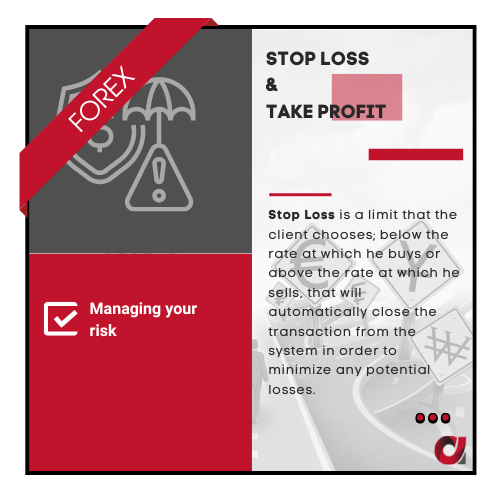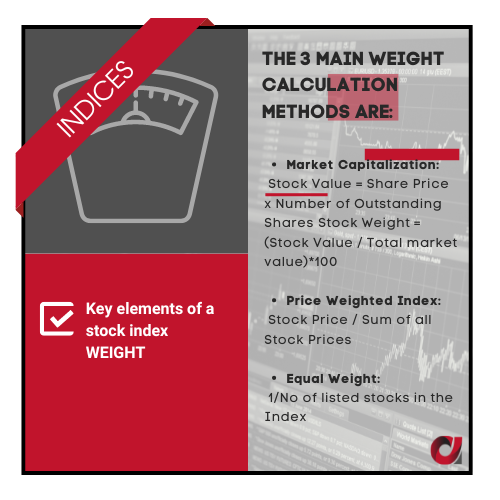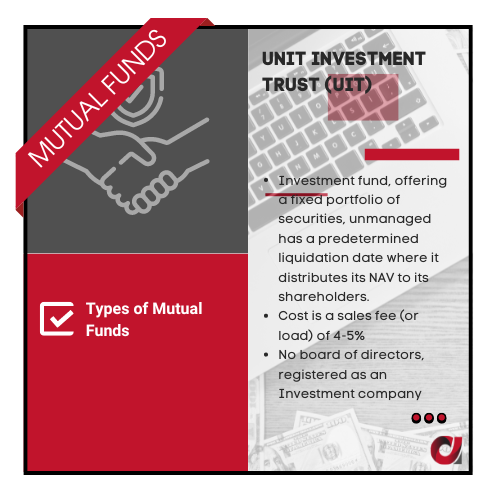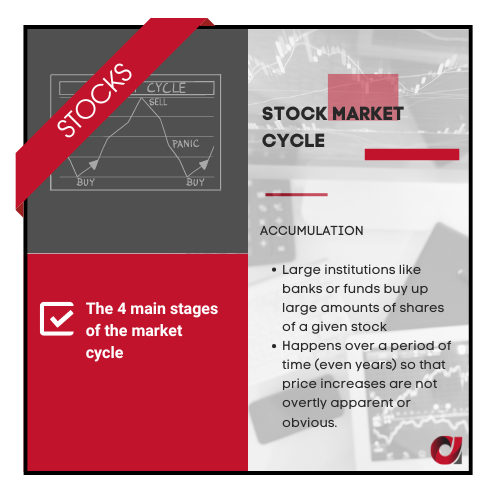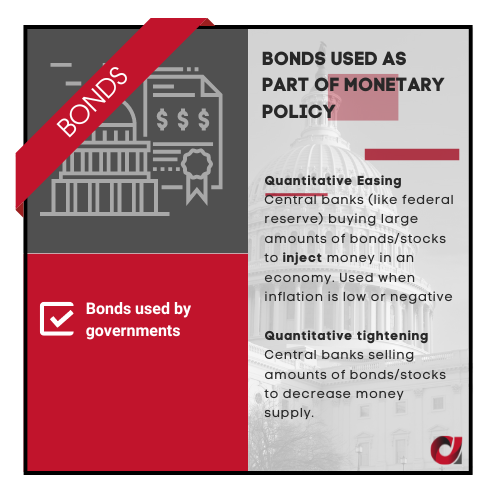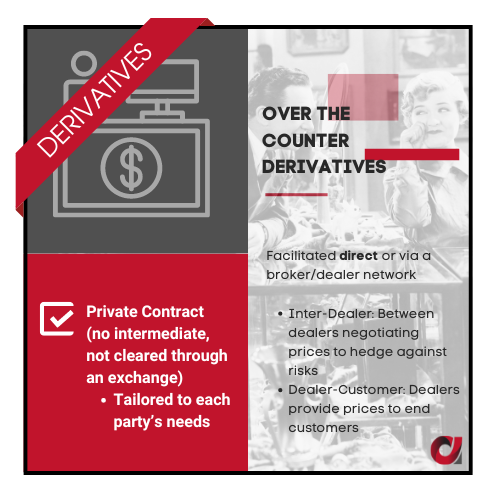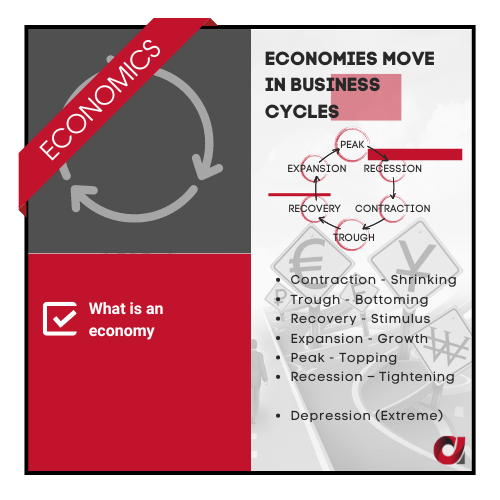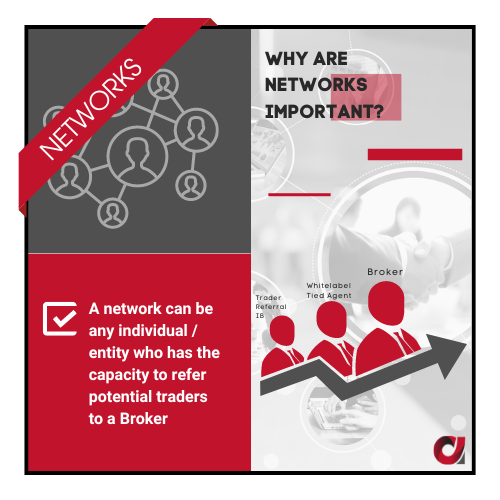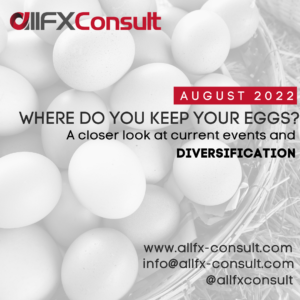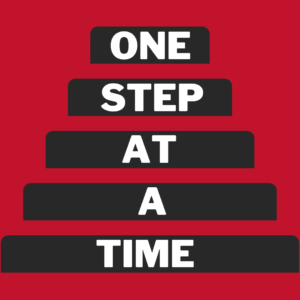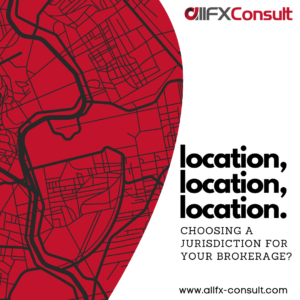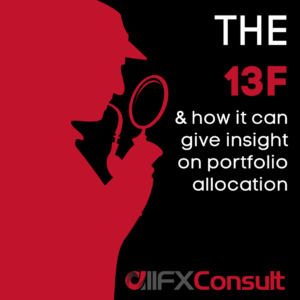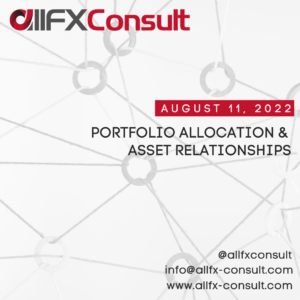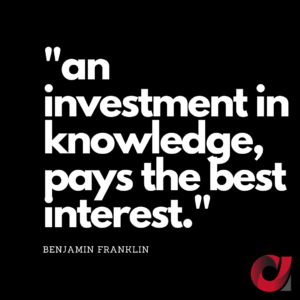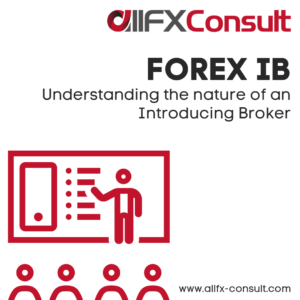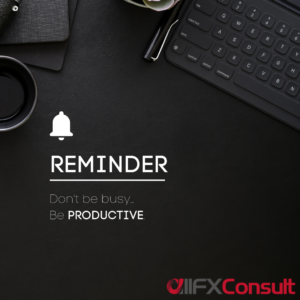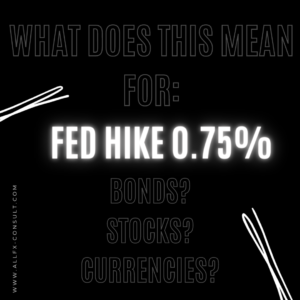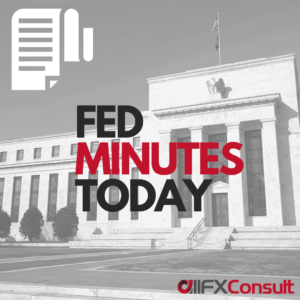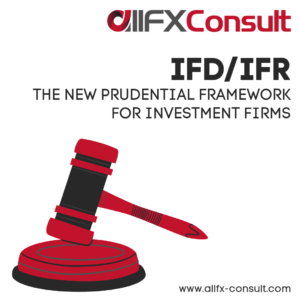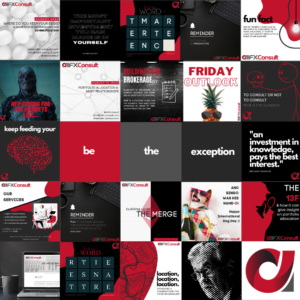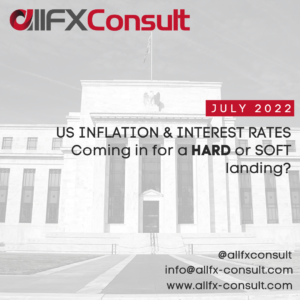The GO-TO-TRAINING partner
for the online trading space

Capital Markets Training
the allFX-Consult approach
All of our capital markets training products, have been built to give you a deeper understanding of the assets, the economy and the overall environment that you will encounter, as a participant of the online trading industry. Through interactive sessions and debate, we will explore how to communicate both internally with colleagues and externally with clients / partners, and give you a fresh take on how to use the capital markets to excel in your position.
For our seasoned colleagues / industry participants, our collaborative sessions aim to fill the gaps created by inconsistent trainings and lack of support over the years.
Completing any of our capital markets training sessions, will lay the foundation for you to build on top of, through practical experience, in any corporate environment and at any level.
Involved in the online trading industry?
Own it!
Understand the depth of capital markets and their impact on your product
Use the capital markets environment and build character through interactive sessions
Gain confidence and communicate the capital markets with clients and colleagues

Training programs menu
Single Asset
Duration: 3 hours
Location: Physical, at broker’s location
Group size: Min-5 people, Max-unlimited
Structure: 3 hours (total training time 3 hours)
- 1.5 hours on asset deep dive
- 10 min break
- 1.5-hour interactive sessions and communication exercises
This program focuses on a single asset class, be it forex, stocks, bonds, commodities, indices, ETFs, cryptocurrencies or funds. The aim is to explore the features that make up the asset class, answering key questions of what, how, why, where and when in order to align both theory and application in one single session.
What sets this training apart, is the industry specific approach and the practical implementation of the information in the context of communication and effective management of the material in real world challenges that brokerages in the business of capital markets encounter.
No experience necessary but always welcome to enrich the conversations and practical interactions.
This program is suitable for anyone involved with brokerages in the CFD space or other. Departments most likely to apply the material in their daily workload are:
- Business development
- Sales
- Customer support
- Marketing
Notwithstanding that, as part of the effort of brokerages to level up their capital markets knowledge base, allFX-Consult is hired to train:
- Back office and compliance departments
- HR managers
- Project owners
- Executive management
- Boards of directors
Within the context of this program, a simple yet all inclusive assessment is conducted at the end. The assessment is not used for grading purposes but to identify weak points on a one-on-one basis, and close any gaps that could not have been identified prior.
Certification
All attendees will receive a certificate of completion.
Pricing: Contact us for a quotation
Discounts available for:
- Groups over 20 attendees
- Groups over 50 attendees
- Emerging market
For training bookings outside Cyprus:
- No added cost, if training is part of a pre-planned visit initiated by allFX-Consult. Subscribe to our mailing list to know if your location is on our calendar.
- Flights and accommodation (if required), are covered by the client for tailor-made bookings.
Let’s talk “Single Asset”
Markets Induction
Duration: 1 day
Location: Physical, at broker’s location
Group size: Min-5 people, Max-unlimited
Structure: 1 day
- 45-min deep dive on each element
- 1.5-hour interactive sessions and communication exercises)
What sets this training apart, is its ability to give attendees a bird’s eye view of their products and the trading ecosystem they operate in, specifically for brokers who are limited by time frames.
This program targets the main asset classes offered by the majority of brokers – forex, stocks, commodities, indices and cryptocurrencies. In a compacted 1-day session, we explore economic fundamentals, broker and trader types, we touch on regulation and its significance within the capital markets environment and finally put it all together on the broker’s features, products and offerings.
For a more robust training plan that covers practical implementation of the information in the context of communication and effective management of the material in real world challenges that brokerages encounter, we recommend the Markets Crash Course (2-days) or the complete Capital Markets Training (40-hours).
No experience necessary but always welcome to enrich the conversations and practical interactions.
This program is suitable for anyone involved with brokerages in the CFD space or other. Departments most likely to apply the material in their daily workload are:
- Business development
- Sales
- Customer support
- Marketing
Notwithstanding that, as part of the effort of brokerages to level up their capital markets knowledge base, allFX-Consult is hired to train:
- Back office and compliance departments
- HR managers
- Project owners
- Executive management
- Boards of directors
Within the context of this program, a simple yet all inclusive assessment is conducted at the end. The assessment is not used for grading purposes but to identify weak points and close any gaps.
Certification
All attendees will receive a certificate of completion.
Pricing: Contact us for a quotation
Discounts available for:
-
- Groups over 20 attendees
- Groups over 50 attendees
- Emerging markets
For training bookings outside Cyprus:
- No added cost, if training is part of a pre-planned visit initiated by allFX-Consult. Subscribe to our mailing list to know if your location is on our calendar.
- Flights and accommodation (if required), are covered by the client for tailor-made bookings.
Let’s talk “Markets Induction”
100% of trainees, report they left the training programs more confident than they were prior to the training.
Over 80% of our broker-clients, report uptick in their team’s performance within the first week post training.
Markets Induction PLUS
Duration: 2 days
Location: Physical, at broker’s location
Group size: Min-5 people, Max-unlimited
Structure: 2 days
- 1-hour deep dive on each element
- 3-hour interactive sessions and communication exercises
What sets this training apart, is the industry specific approach and the practical implementation of the information in the context of communication and effective management of the material in real world challenges that brokerages encounter.
This program targets all asset classes – forex, stocks, bonds, commodities, indices, ETFs and cryptocurrencies. In combination with the assets, we explore economic fundamentals, broker and trader types, we touch on regulation and its significance within the capital markets environment and finally put it all together on the broker’s features, products and offerings.
The aim is to explore the features that make up the asset classes and their role in the bigger picture of trading and investments. We will be answering key questions of what, how, why, where and when in order to align both theory and application in one single session.
No experience necessary but always welcome to enrich the conversations and practical interactions.
This program is suitable for anyone involved with brokerages in the CFD space or other. Departments most likely to apply the material in their daily workload are:
- Business development
- Sales
- Customer support
- Marketing
Notwithstanding that, as part of the effort of brokerages to level up their capital markets knowledge base, allFX-Consult is hired to train:
- Back office and compliance departments
- HR managers
- Project owners
- Executive management
- Boards of directors
Within the context of this program, a simple yet all inclusive assessment is conducted at the end. The assessment is not used for grading purposes but to identify weak points and close any gaps.
Certification
All attendees will receive a certificate of completion.
Pricing: Contact us for a quotation
Discounts available for:
-
- Groups over 20 attendees
- Groups over 50 attendees
- Emerging markets
For training bookings outside Cyprus:
- No added cost, if training is part of a pre-planned visit initiated by allFX-Consult. Subscribe to our mailing list to know if your location is on our calendar.
- Flights and accommodation (if required), are covered by the client for tailor-made bookings.
Let’s talk “Markets Induction PLUS”
Capital Markets Training
Duration: 40 hours
Location: Physical, at broker’s location
Group size: Min-5 people, Max-unlimited
Structure: 40-hours
- 1.5-hours deep dive on each element
- 8-10-hours interactive sessions and communication exercises
What sets this training apart, is that the material is designed to be 100% applicable to the online trading industry, in contrast with other Capital Markets Training programs that go broader and more “finance” oriented than the broker teams actually need (we can refer you to leading providers who can support these needs, should it become relevant). We work together with the broker-client prior to delivery, to define those areas which require additional focus.
The allFX-Consult Capital Markets Training, is an all-inclusive program that presents a complete curriculum covering all asset classes – forex, stocks, bonds, commodities, indices, ETFs and cryptocurrencies. It allocates enough time to each element, from economic fundamentals, intermarket analysis, broker and trader types, regulation and its significance within the capital markets environment as well as broker specifics and how it all aligns.
Through a number of exercises specifically targeting communication and practical use of the elements, attendees go through a number of simulations that prepare them for real world challenges we face in our day-to-day duties.
No experience necessary but always welcome to enrich the conversations and practical interactions.
This program is suitable for anyone involved with brokerages in the CFD space or other. Departments most likely to apply the material in their daily workload are:
- Business development
- Sales
- Customer support
- Marketing
Positions we have also trained:
- Back office and compliance departments
- HR managers
- Project owners
- Executive management
- Boards of directors
Within the context of this program, a simple yet all inclusive assessment is conducted at the end. The assessment is not used for grading purposes but to identify weak points and close any gaps.
Certification
All attendees will receive a certificate of completion.
Pricing: Contact us for a quotation
Discounts available for:
- Groups over 20 attendees
- Groups over 50 attendees
- Emerging markets
For training bookings outside Cyprus:
- No added cost, if training is part of a pre-planned visit initiated by allFX-Consult. Subscribe to our mailing list to know if your location is on our calendar.
- Flights and accommodation (if required), are covered by the client for tailor-made bookings.
Let’s talk “Capital Markets Training”
Capital Markets Training for every department
All of our programs can be used as a base to tailor a broker-specific curriculum, targeting specific needs of the broker. A broker may want to cover less or more assets than what is offered under our standard capital markets training packages. Others may want the material to be focused on specific department needs, for example a marketing department has indirect conversations with clients through campaigns and messaging. We will adapt the practical applications accordingly.
You know how hard it is to find talent
you also know how hard it is to keep it
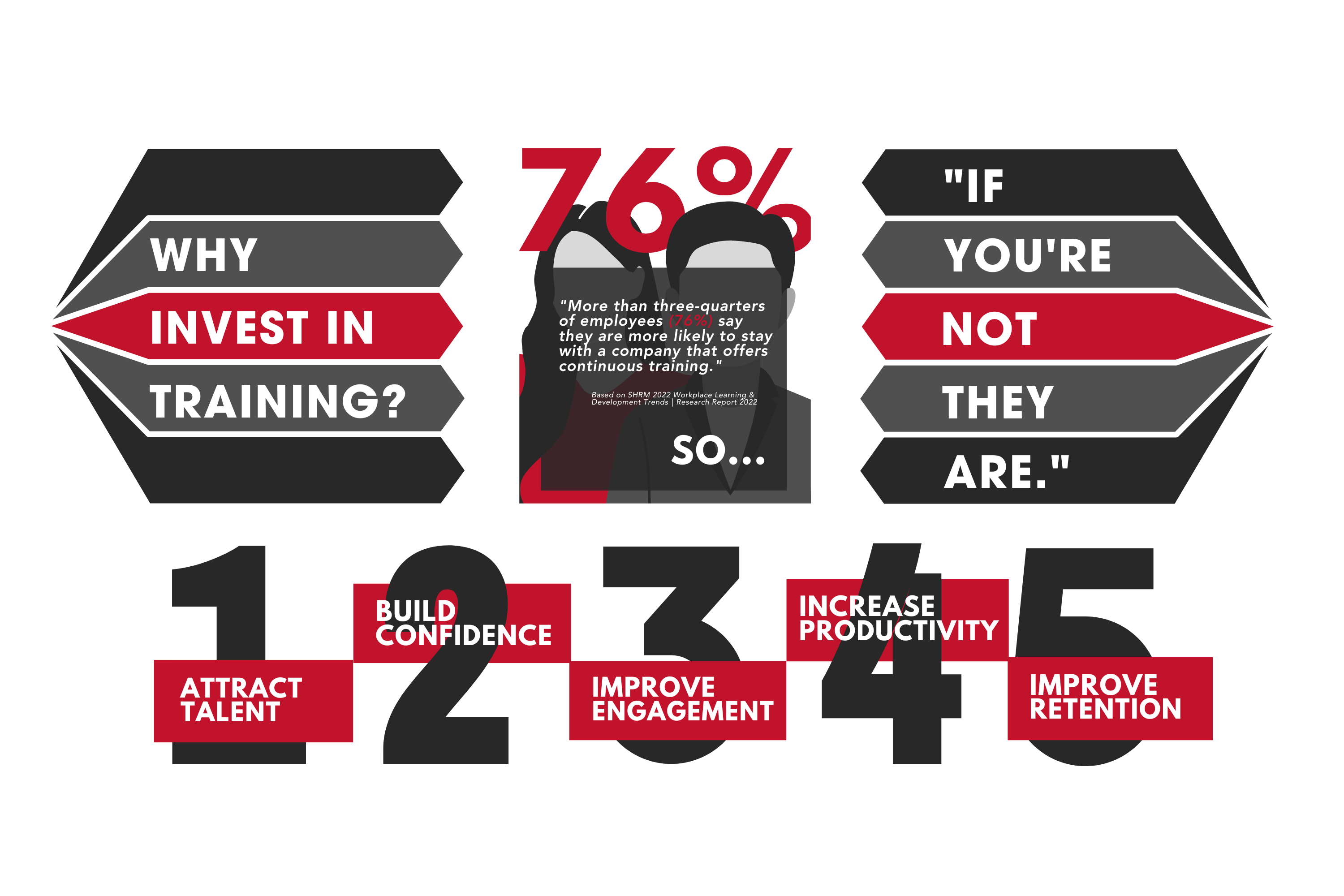
Information and education should be FREE.
Learning how to use it, is what will make the DIFFERENCE.
Use our website as a free resource and get in touch when ready to put it into play.


Capital Markets Training FAQs
Are there any requirements prior to taking any of the training products?
No prior requirements necessary. Although we are mentioning above, who our training products are NOT suitable for, there are indeed no restrictions on who can attend. Our definition of “suitability” is so that we are transparent with regards to who will benefit the most in a practical manner.
Will I have to sit exams or tests?
The end of each capital markets training session, is accompanied by an assessment test, only to identify any weak points left unchecked. These weak points, will then be addressed one-on-one so that no participant is left behind.
These assessments are not meant to assign grades and do not impact the completion certification received at the end. The only requirement to receive the certificate, is full participation of the designated hours of the session.
How long does the training take?
Various training programs run on a daily basis, from 3 hour single asset modules, daily 8 hour crash courses, complete 40 hour group training and custom programs designed for to handle specific cases. Our personalized coaching sessions run constantly online so there is a program for any case and structure.
Contact our administrators at learn@allfx-consult.com to discuss your case and assign time frames that fit your requirements.
Can I communicate with the instructors post training?
Our phones, emails, (and front door for those in the area) are always open to all our trainees, clients and partners. We maintain an open communication model, since we are in the business of practical applications of the ever-evolving capital markets material, and not just a cold certification.
What accreditation or certificates will I receive on completion?
There is a big gap between programs offering certification from accredited institutions, and how much of the information you study for, can be practically applied to your daily workload. allFX-Consult is a recognized trainer with over 10 years in-business but does not provide accredited certification.
Our certificate of completion, acknowledges your successful participation in a capital markets training with real-world/practical applications. This includes but is not limited to the material’s actual communication (direct and indirect) and its ability to be immediately applied upon completion.
I would like to refer a friend or two...
You know of people possibly interested to attend our training? Great!
Special discounts/referral fees are offered across the board. Reach out to learn@allfx-consult.com and become an active partner with perks.
Which role in a broker, is the training best suited for?
We provide multiple capital markets training programs, from a single asset to a complete 8-asset/40-hour training module. Due to the communicative nature of the courses, they can all be applied practically and immediately in any role within an online trading broker.
Whether you have (or will have) direct communication with clients, or indirect communication through marketing and advertising, or even in discussions with colleagues on corporate planning, these training sessions are an added value to any interaction.
Do I have to pay subscription fees?
There are no subscription fees associated with any of our capital markets training programs. We believe that education should be free, and for that reason we include an ever-expanding asset suite that can be accessed anytime and by anyone.
Our training programs rely heavily on this free information, but specialize on the communicative aspect of it all, with a methodology developed from over 17 years in the business.
How much does the training cost?
Depending on individual, group or corporate bookings, various rates apply. Our administrators will be happy to provide all information regarding costs, schedule and any additional details required for your Capital Markets Training.
When is the next available training date?
Our in-house Capital Markets Training takes place on a monthly basis. Please contact our administrators at learn@allfx-consult.com for the next available dates.
Ready to book?
We can buy technology, we can buy a license, we can buy a building… but performance? Not many service providers can include that in the mix.
We do.
Growth means a lot of things. For us, it starts and ends with performance.
Worldwide workshops on Mindset, Performance, Markets, Industry.
100% interactive sessions, with high energy and real impact.

